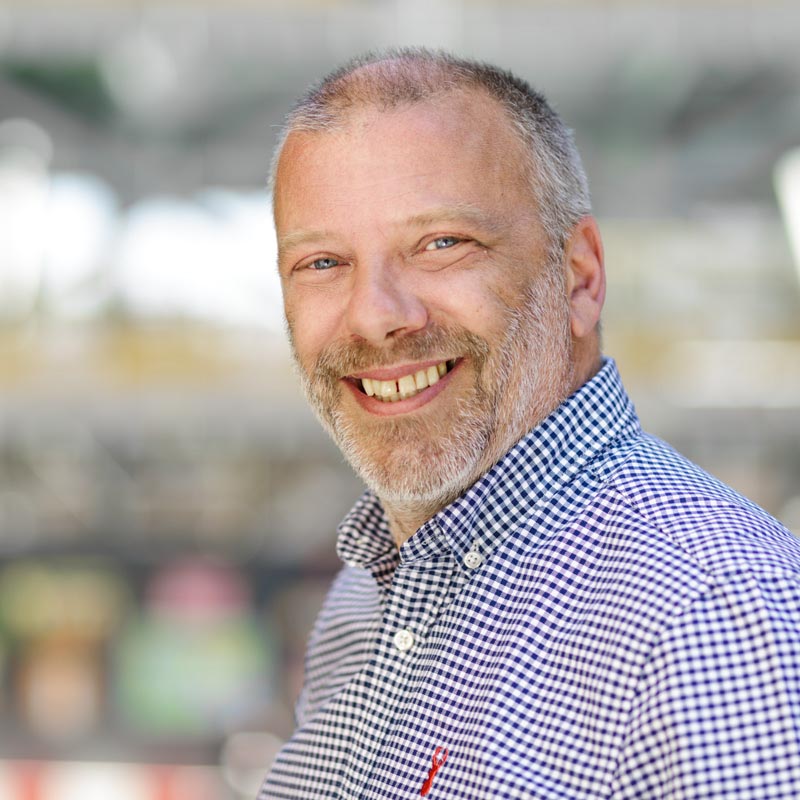If you missed the first part of this blog, check out part 1 released last week.
So, what does this mean for dementia care and supporting others?
Firstly, I think we need to remember that any expression of creativity comes from the person’s heart and soul – their thoughts and feelings. Rather than keeping these internalised, they are expressing this through a drawing, music, writing or even completing a jigsaw – they are creating something.
As a former actor, I know that when a person’s creativity is judged as good or bad and therefore ‘valued’ or not by another person, then this can impact on the individual, their self-esteem and self-belief.
I once observed a care worker judge a woman’s drawing: “that’s not very good, you can do better than that.” Can you imagine the impact on that woman and how she felt about herself?
The artist Henri Matisse said, “Creativity takes courage,” whilst the poet Sylvia Plath said, “The worst enemy to creativity is self-doubt.”
I believe these words also touch on the experiences of care workers and managers too.
There must be hundreds, if not thousands, of staff I’ve met on training courses who have told me that they hold back on sharing their ideas and solutions to issues because ‘I don’t want to be judged,’ ‘I don’t want to get it wrong,’ or ‘who will listen to me, I’m just the cleaner?’ or ‘well I’m not bright, I don’t have any qualifications.’
I believe that our society pays too much attention to right or wrong, success or failure. This perspective only serves to stifle creativity – both in people with dementia and others we support and our own creativity as health and social care professionals.
Dieter F. Uchtdorf says: “The desire to create is one of the deepest yearnings of the human soul.”
With my great-niece Isla, I encourage every creative attempt she makes – it is not about the ‘result’ or whether I ‘value’ it. It’s about encouraging her desire to create.
I think this is no less true for people with dementia or others we support.
I recall working on a drama project with a young man, many years ago, who had severe schizophrenia. When the day came to present the scenes, he felt unable to speak. So, he simply used his body to express his feelings.
We were using a technique called ‘Forum Theatre’ where a scene was presented and those watching could intervene.
We were presented with a tableau where one (powerful) person – representing the voices that this young man heard – was standing pointing down at another person on their knees looking intimidated – the young man. A disabled woman watching chose to step between the two people, immediately breaking the power dynamic.
Knowing this man’s situation, I knew how powerful this woman’s intervention was, it was incredibly moving.
Creativity involves risk, courage and resilience. That experience taught me how powerful creativity can be. Its value lies in the mind of the creator, not just those on the outside who are judging – because it comes from the heart.
Perhaps we should all celebrate the creativity that lies within ourselves and others.

Associate Trainer
MCM

